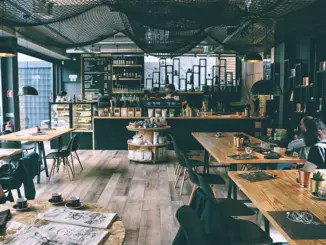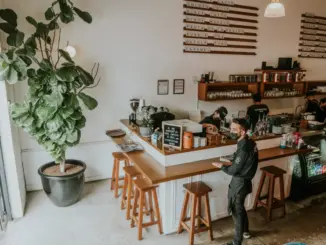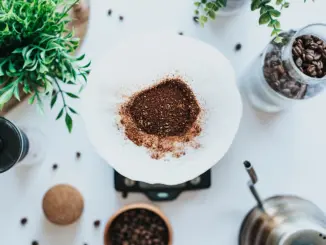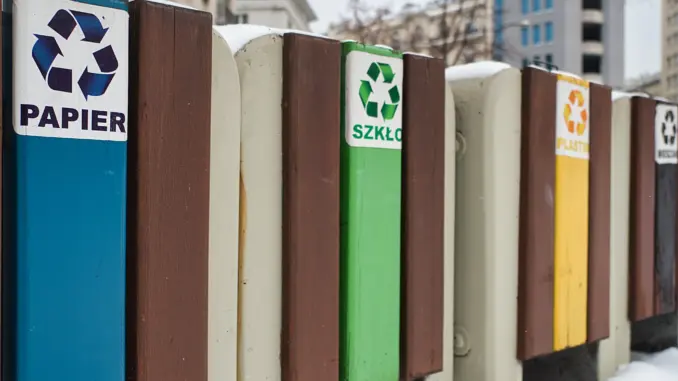
Are your eco-friendly practices actually making a difference? Here are common greenwashing mistakes made in the coffee world and how to avoid them.
BY EMILY JOY MENESES
BARISTA MAGAZINE ONLINE
Photo by Lukasz Rawa via Unsplash
It’s 2023, and most of us in the specialty-coffee world can agree that the climate crisis is very real—and it’s up to us to incorporate more conversations and practices centered around environmental consciousness into our industry. In the past, we’ve highlighted different cafés finding innovative ways to make their work more eco-friendly, such as Los Angeles-based Bar Nine, a café powered completely by solar energy, and Durham, N.C.’s Cocoa Cinnamon, a shop that composts their coffee grounds, coffee chaff, and tea leaves to be used in local gardens.
When navigating the world of sustainability and environmental consciousness at your own establishment, it’s important to do your research. Gauge whether or not the changes you’re making at your café are actually having a tangible, positive impact on the environment. This means avoiding greenwashing—products or practices that seem eco-friendly or sustainable on the outside, but in reality, aren’t making a positive difference. Even worse, they may have a negative impact on the environment!
Here are a few common greenwashing mistakes and how to avoid them.
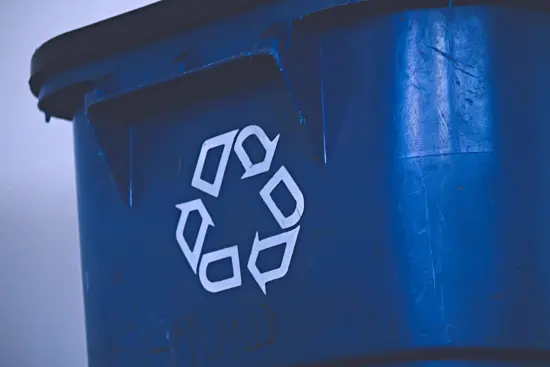
1. Wishcycling
Ever heard of ‘wishcycling’? It‘s when something is thrown in the recycling bin in the hopes of creating less waste to go into landfills—but the item itself isn’t actually recyclable. This could be either because the material isn’t suitable for recycling or because the item hasn’t been correctly prepared for recycling.
When recycling items, make sure that what you’re throwing into the bin is actually recyclable. For example, a lot of to-go coffee cups aren’t recyclable because they’re lined with polypropylene, a thermoplastic. Do some research on the materials you’re using.
Once you’ve ensured that the item you have is actually recyclable, make sure it’s properly emptied, rinsed, and dried before being thrown into the recycling bin. Items with leftover food or liquid can’t be recycled. They can cause an entire bin of otherwise recyclable items to be contaminated and rendered non-recyclable.
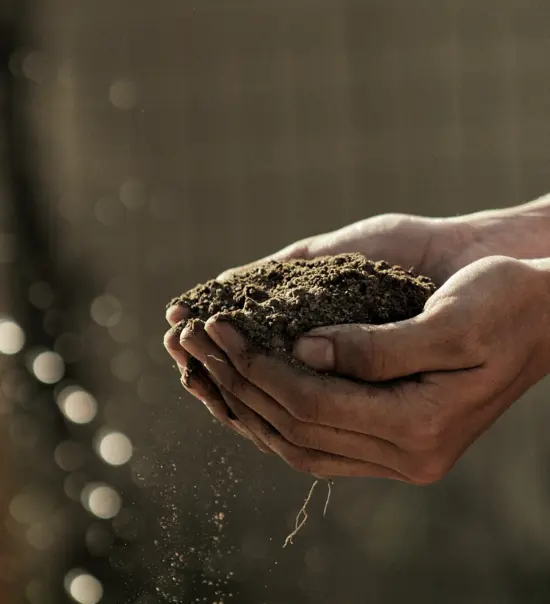
2. Not separating compostable materials or actually composting them
I’ve seen it many times. Well-meaning cafés use compostable items, like compostable straws and to-go cups, but forget to place a separate bin for these compostable items to go into. This defeats the purpose of using compostable items! Compostable products that end up in the trash/landfill can still take years to biodegrade and release big amounts of methane.
The best way to dispose of compostable products is to keep them in a separate bin to later be sent to a composting facility. Also, be careful that compostable items aren’t finding their way into recycling bins, because they may contaminate the recycling process.
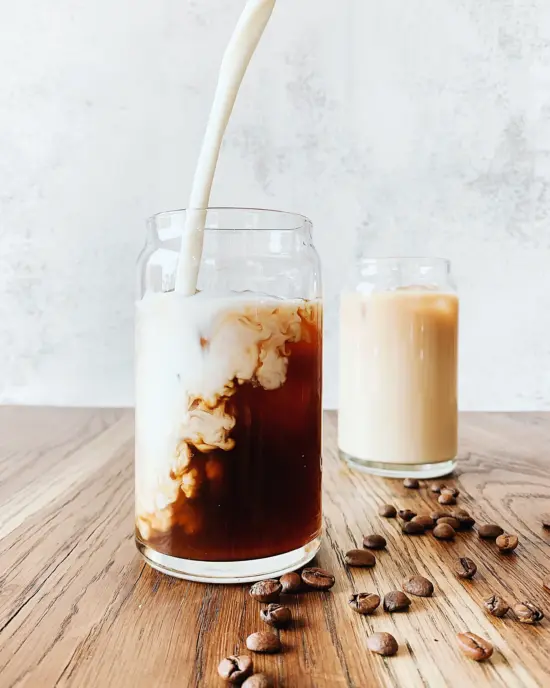
3. Not knowing your alternative milks
Most in the coffee industry know that nondairy milks are more sustainable than regular milk. But it’s also important to note that each dairy alternative has a different environmental impact. Check out our guide to the most common dairy alternatives—soy, almond, oat, and hemp milk — and their differences in environmental impact.
Stay tuned for part two of “Common Greenwashing Mistakes and How to Avoid Them at Your Café,“ where we’ll explore more ways to ensure that your eco-friendly products and processes are good in both intention and practice.
ABOUT THE AUTHOR
Emily Joy Meneses (she/they) is a writer and musician based in Los Angeles. Her hobbies include foraging, cortados, vintage synths, and connecting with her Filipino roots through music, art, food, and beverage.
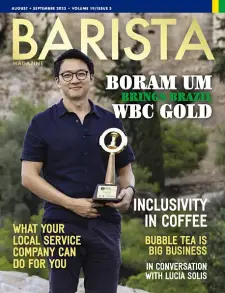
READ THE LATEST BARISTA MAGAZINE
Out now: The August + September 2023 issue of Barista Magazine featuring Boram Um of Brazil on the cover. Read it for free with our digital edition. Get your Barista Magazine delivered; start a subscription today! Visit our online store to renew your subscription or order back issues.


